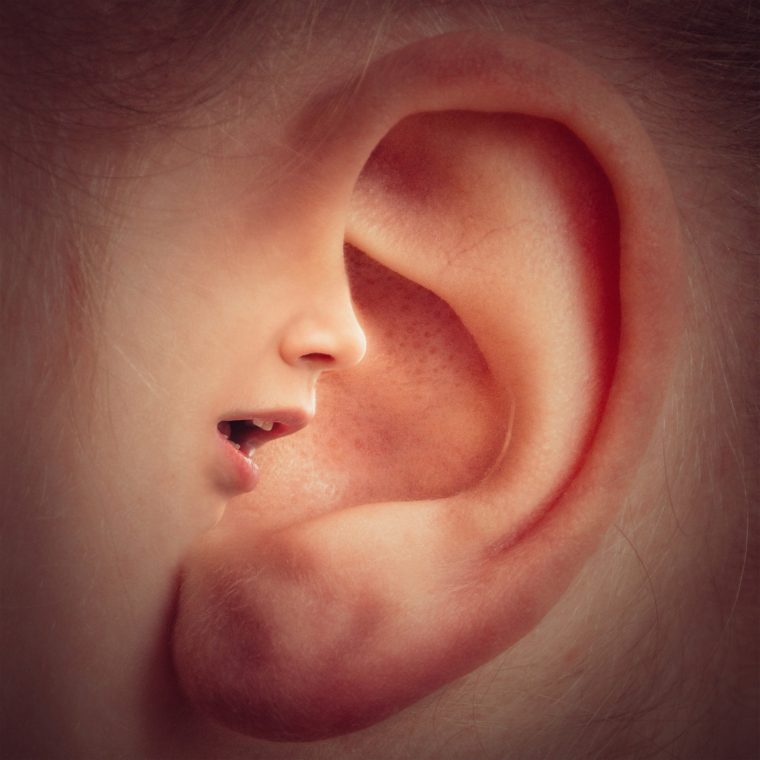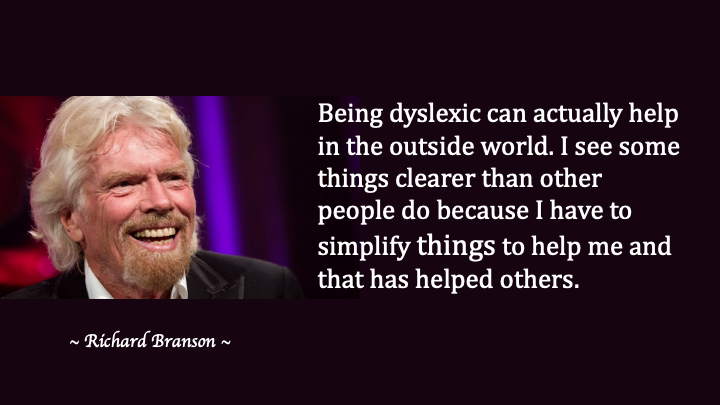When asked what does our ears do, many people will say that they hear.

Did you know that hearing is not the ear’s only function?
Most of the sensory energy transferred to the brain goes through the ears. They:
- Regulate balance
- Direct movement and coordination
- Permit language
- Cause us to speak eloquently
- Make us sing in tune
- Adjust our eyes when we read
- Control our arm, hand, and finger movements when we write
- Protect us from sounds we do not want to hear, e.g. sounds of our own body
In addition to all of that good stuff, the ears are interconnected with several levels of the brain and act as a double antenna through which it receives messages from the body and the environment.
So, you can see, your ears are your link to your inner world and the outside world.
What is listening?
Merriam-Webster defines it as paying attention; hearing something with thoughtful attention.
This definition denotes that listening is an active process through which we make sense of, evaluate and respond to what we hear.
On the other hand, hearing is passive – once the hearing mechanism is physically intact, sound enters the ears and travels along the auditory pathway to the brain, where the sound waves are changed to electrical signals and given meaning.
Listening, therefore, brings harmony within us, as well as in our relationships with others. When listening does not develop in a satisfactory manner, the harmony is broken and good communication is sabotaged.
Although some generate good results with sustained effort on the part of the child, many of the programs promoted as interventions for the reading difficulties experienced by dyslexics are minimally effective.
While there is efficacy in practice, considering Herman Ebbinghaus’ work on memory (without context, about 50% of what is heard is forgotten within 1 hour), most remediation programs include multiple repetitions of instruction with lots of drill and practice, without any work to eliminate underlying issues with foundational skills, like listening.
I have not read any scientific or academic research studies, which looked at improving listening as an avenue for alleviating reading difficulties, but I have my own anecdotal experience. As mentioned in my previous post, when my dyslexic daughter completed The Listening Program, her singing voice improved (the voice can only produce what the ear can hear). In addition to that, she demonstrated better attending skills. This led to increased success in learning and communication.
Have you or any of your children experienced any form of auditory stimulation?






